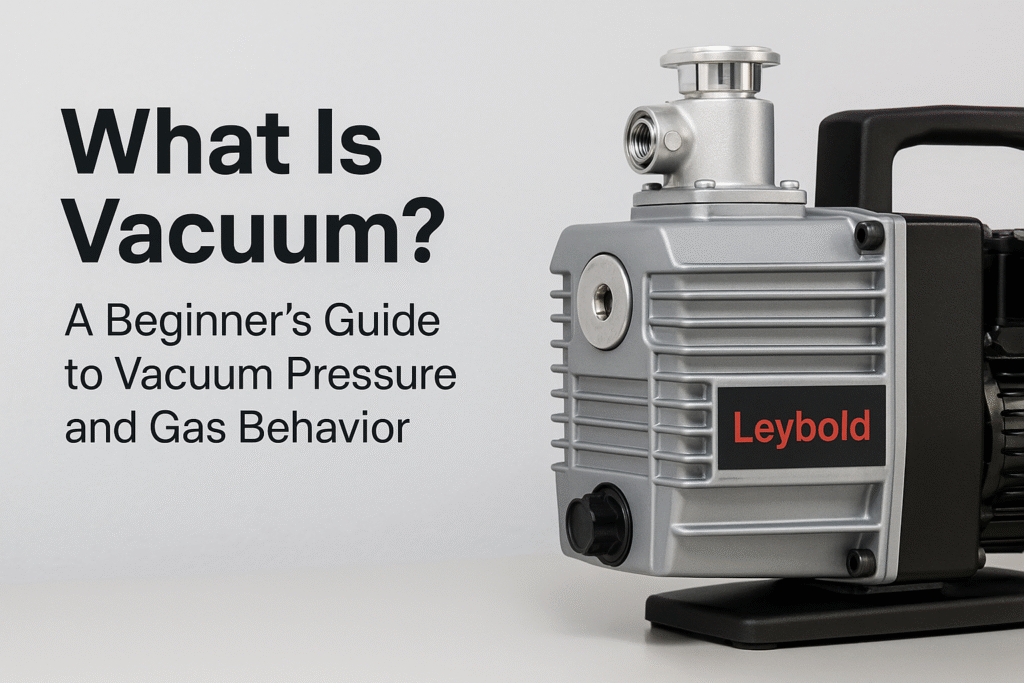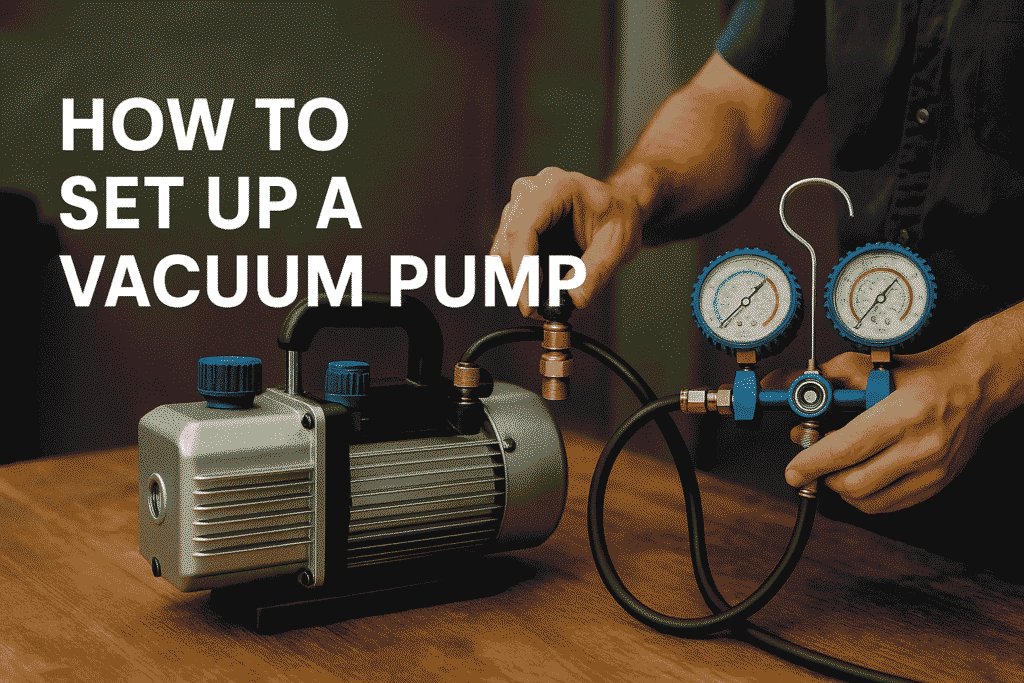Introduction
In today’s competitive manufacturing landscape, efficiency is not just an advantage—it’s a necessity. One of the most powerful yet often overlooked technologies that drive productivity is the industrial vacuum system. From automotive production to food packaging, vacuum systems play a critical role in improving performance, maintaining product quality, and reducing operational costs.
In this blog, we’ll explore how industrial vacuum systems enhance efficiency across industries, their applications, and why modern businesses rely on them to stay ahead.
What Are Industrial Vacuum Systems?
Industrial vacuum systems are advanced equipment designed to remove air and gas molecules from a sealed environment, creating a controlled vacuum. By eliminating air, these systems allow precise manufacturing processes such as:
- Material handling (lifting, gripping, conveying)
- Packaging and sealing
- Degassing and drying
- Coating and molding
Unlike traditional mechanical systems, vacuum technology provides speed, precision, and consistency—key factors for manufacturing success.
Key Benefits of Industrial Vacuum Systems in Manufacturing
1. Enhanced Production Speed
Vacuum systems automate complex processes such as drying, sealing, and lifting, which reduces manual intervention. For example, in food packaging, vacuum sealing ensures quick, airtight storage that preserves freshness while accelerating packaging lines.
2. Energy Efficiency and Cost Reduction
Modern vacuum pumps consume significantly less energy compared to older models. With oil-free and dry pump technologies, manufacturers lower energy bills while reducing environmental impact.
3. Improved Product Quality
Vacuum environments minimize contamination by eliminating air and moisture. In industries like semiconductors, pharmaceuticals, and aerospace, this ensures high precision and defect-free production.
4. Versatility Across Industries
Vacuum systems are used in:
- Electronics & Semiconductors – wafer cleaning, coating, etching
- Pharmaceuticals – freeze-drying, sterile packaging
- Food & Beverage – vacuum packaging, dehydration
- Automotive & Aerospace – composite molding, leak testing
5. Reduced Downtime and Maintenance
Modern vacuum technology is designed for durability with fewer moving parts, which lowers downtime and increases machine life—keeping production lines running smoothly.
Real-World Applications of Industrial Vacuum Systems
- Food Packaging: Extends shelf life by vacuum-sealing products.
- Electronics Manufacturing: Essential for producing microchips and OLED displays.
- Aerospace: Used in composite material curing and leak detection.
- Pharmaceuticals: Enables sterile environments for drug production.
Future of Industrial Vacuum Technology
As automation and Industry 4.0 continue to expand, vacuum systems are becoming smarter and more connected. With IoT-enabled pumps that provide real-time performance data, manufacturers can predict maintenance needs and further improve efficiency.
FAQs
Q1: Which industries benefit the most from industrial vacuum systems?
A: Key industries include food & beverage, electronics, pharmaceuticals, automotive, and aerospace.
Q2: Are vacuum systems energy efficient?
A: Yes, modern vacuum pumps are designed with energy efficiency in mind, reducing operational costs significantly.
Q3: How do vacuum systems improve product quality?
A: By eliminating air and moisture, they prevent contamination, ensuring high-quality results.
Q4: What is the difference between oil-free and lubricated vacuum pumps?
A: Oil-free pumps are ideal for clean environments (like pharmaceuticals), while lubricated pumps provide higher suction capacity for heavy-duty tasks.
Q5: Can vacuum systems reduce downtime in factories?
A: Yes, their durable design and predictive maintenance features minimize breakdowns and increase production uptime.
Conclusion
Industrial vacuum systems are transforming manufacturing by enhancing efficiency, lowering costs, and improving product quality. Whether it’s packaging, electronics, or aerospace, vacuum technology has become a cornerstone of modern industry.
By investing in advanced vacuum solutions, businesses not only stay competitive but also future-proof their operations against rising demands.



